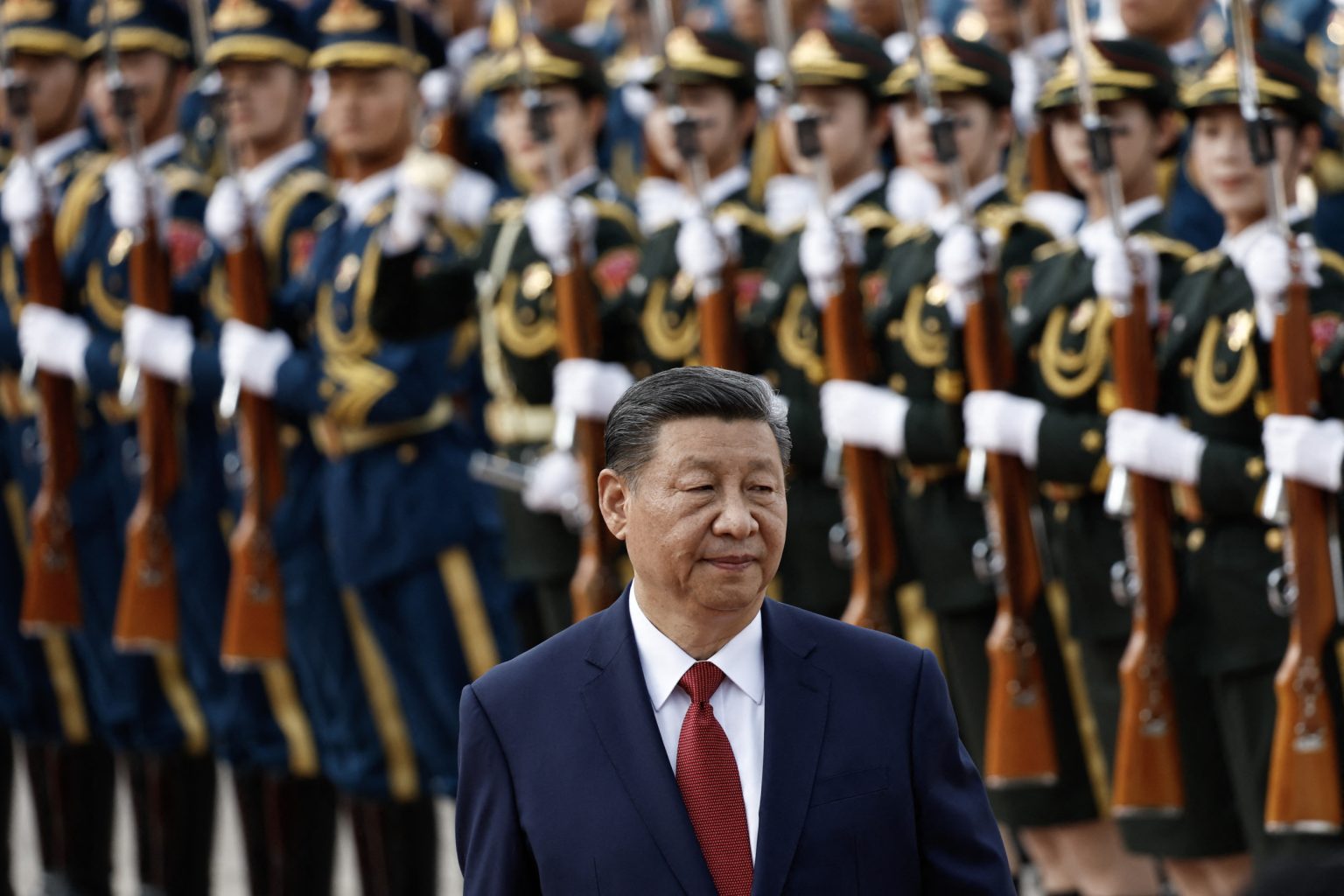The Chinese Communist Party has implemented revised disciplinary regulations aimed at tightening political discipline and providing safeguards to strengthen China and rejuvenate the Chinese nation. These regulations cover a wide range of offenses, such as dereliction of duty and lifestyle issues. The revisions were drafted as part of President Xi Jinping’s ongoing anti-corruption campaign and signify the party’s commitment to upholding centralized and unified leadership with Xi Jinping at its core. Punishments for violating these regulations can range from warnings to expulsion, based on the seriousness of the offense.
The updated regulations prohibit several behaviors among party cadres, including vilifying the Party and State, creating or spreading political rumors, engaging in non-organizational activities within the Party, expressing a stance on Party decisions without action, engaging in extravagance or waste, participating in activities that undermine ethnic relations, failing to control family members causing adverse effects, involving foreign interests that harm the Party and State, displaying mediocrity or laziness, and making decisions on important policies that are outside the scope of the Party leadership. These restrictions aim to maintain party unity and discipline while ensuring that officials act in the best interests of the Party and the people.
The regulations are in full alignment with President Xi Jinping’s political doctrine of “Xi Jinping Thought on Socialism with Chinese Characteristics for a New Era,” reflecting the party’s commitment to following the leadership of Xi in shaping the country’s future. The crackdown on behaviors such as spreading political rumors and engaging in extravagant lifestyles is seen as essential for maintaining the Party’s legitimacy and trust among the Chinese people. By implementing these regulations, the Party aims to root out corruption and inefficiency while promoting loyalty and adherence to the Party’s policies and decisions.
The document emphasizes the importance of loyalty and unity among party officials, warning against forming cliques or factions that could undermine the centralized leadership of the Party. It also addresses issues related to family members of party cadres, ensuring that they do not engage in activities that could reflect negatively on the official or the Party as a whole. With a focus on enhancing the Party’s image and integrity, these regulations aim to strengthen internal discipline and promote accountability among members of the Party.
The regulations highlight the Party’s commitment to maintaining stability, unity, and efficiency within its ranks, as well as ensuring that officials act in accordance with the Party’s principles and policies. By addressing a wide range of offenses and laying out clear punishments for violators, the Party aims to create a more disciplined and responsible cadre of officials dedicated to promoting the Party’s goals and objectives. The enforcement of these regulations is seen as crucial for upholding the Party’s authority and legitimacy in the eyes of the Chinese people.
Overall, the revised disciplinary regulations of the Chinese Communist Party represent a significant step in the Party’s efforts to maintain internal discipline, root out corruption, and strengthen its leadership under President Xi Jinping. By setting clear guidelines and punishments for offenses committed by party cadres, the Party aims to create a more transparent and accountable political system that is focused on serving the best interests of the Chinese people. As part of President Xi’s ongoing anti-corruption campaign, these regulations reflect the Party’s commitment to upholding its values and principles while working towards building a stronger and more prosperous China.


